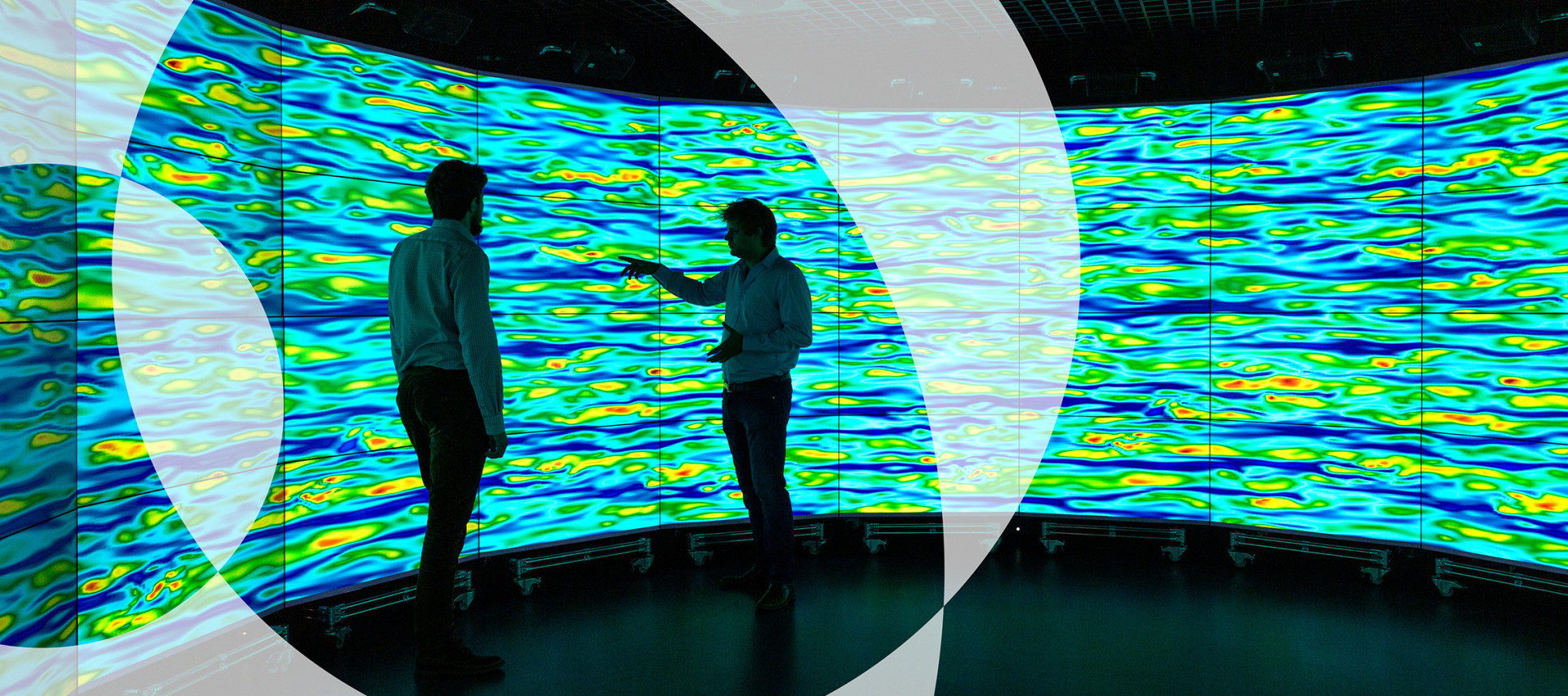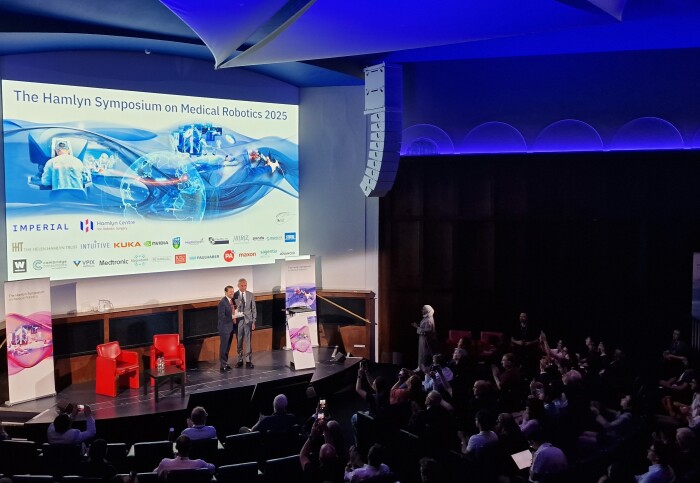
We harness the power of big data and computation to identify patterns in infection research: from cells to tissues, and people to populations. We develop new techniques to explore entire systems. Our ability to gather data is unprecedented, whether it’s investigating the transcriptome, proteome or metabolome of a single cell or tissue, mapping of the whole individual’s immune system, or population dynamics. The populations we study include both humans and disease vectors such as mosquitoes.
Our computational scientists, modellers and mathematicians collaborate with disease and pathogen biologists, chemists and environmental scientists to produce a rigorous quantitative understanding of infectious disease mechanisms and dynamics.
Our computer science & big data champions
-
Dr Becca Asquith
/prod01/channel_3/media/migration/research-groups/asquith_1607425699292_x4.jpg)
Research interests
A novel combination of mathematical, experimental and bioinformatics techniques to investigate cell-mediated immunity and host-pathogen dynamics, particularly in the context of chronic viral infections. Developing a predictive model of the human CD8+ T cell response to understand and alleviate viral infection.
-
Professor Mauricio Barahona
/prod01/channel_3/media/migration/research-groups/barahona-mauricio_1607083824107_x4.jpg)
Research interests
Biomathematics, a field dedicated to the use of applied mathematics to questions of biological, physical and engineering systems and used as a predictive tool for the assessment of disease - in particular, the predictive assessment of biomarkers in the context of infection and precision healthcare provision.
-
Professor Vincent Savolainen
/prod01/channel_3/media/migration/research-groups/savolainen-vincent_1607083724746_x4.jpg)
Research interests
Combining field ecology, molecular phylogenetics, and population genomic approaches to address key societal challenges, from explaining the origin of biodiversity to its preservation. Focusing on population sensing of SARS-CoV-2 viral RNA in sewage, wildlife and the environment for monitoring the pandemic.
